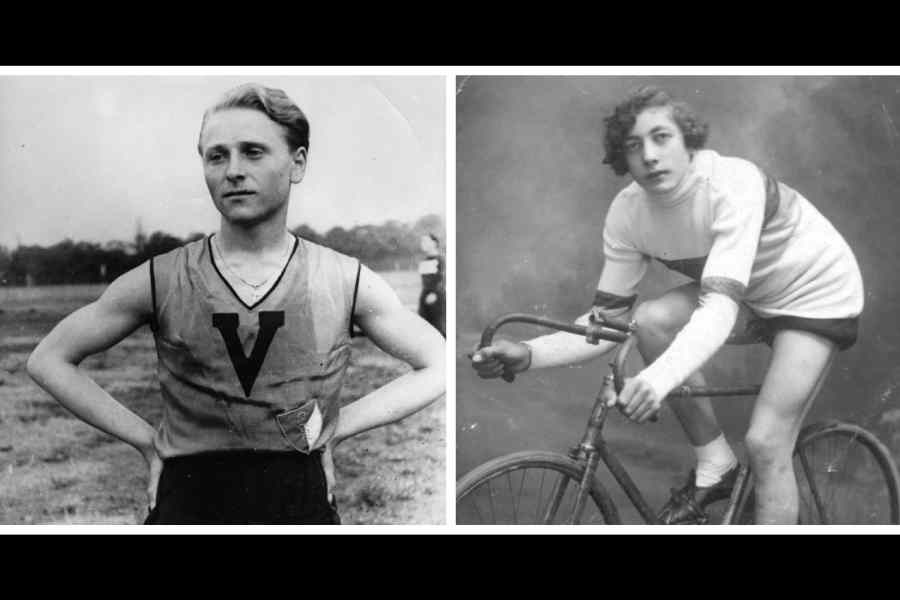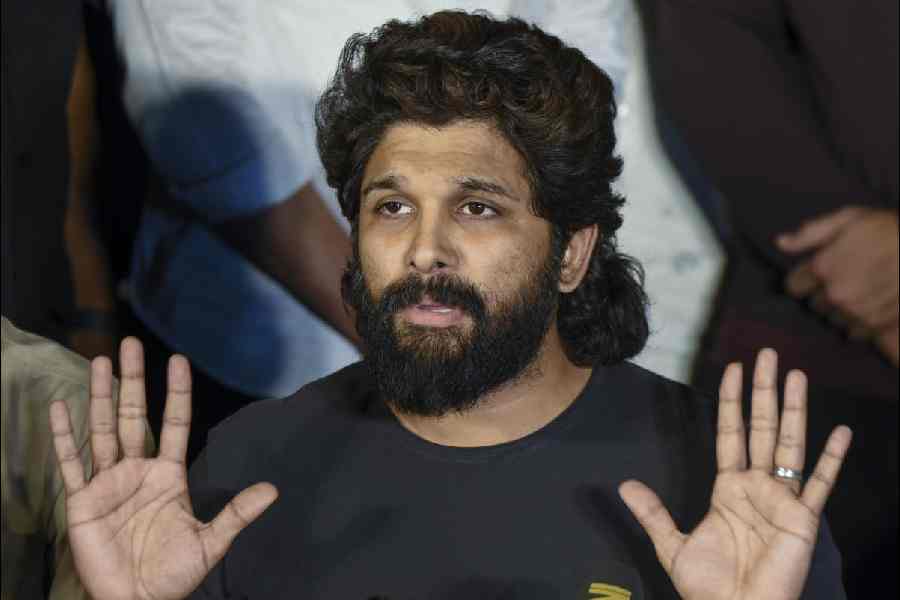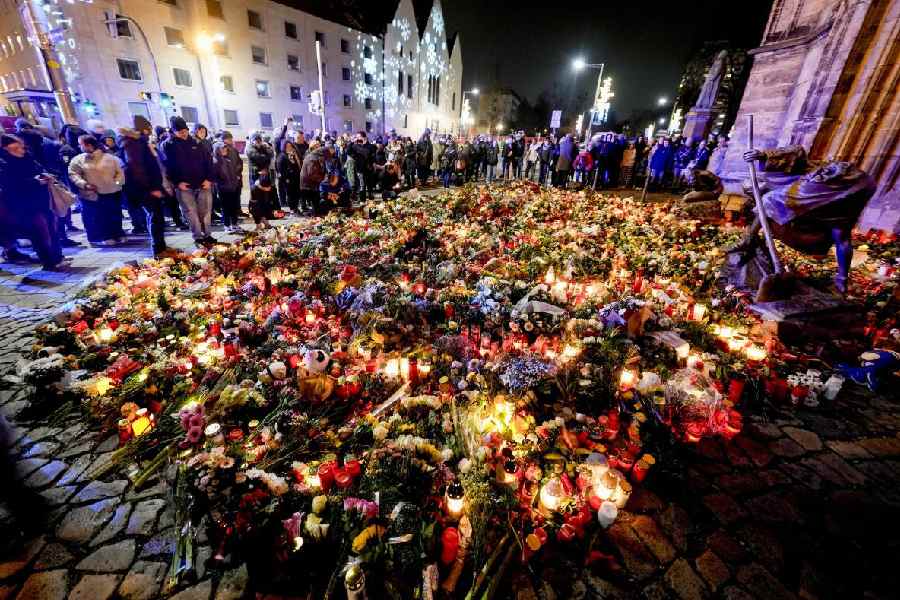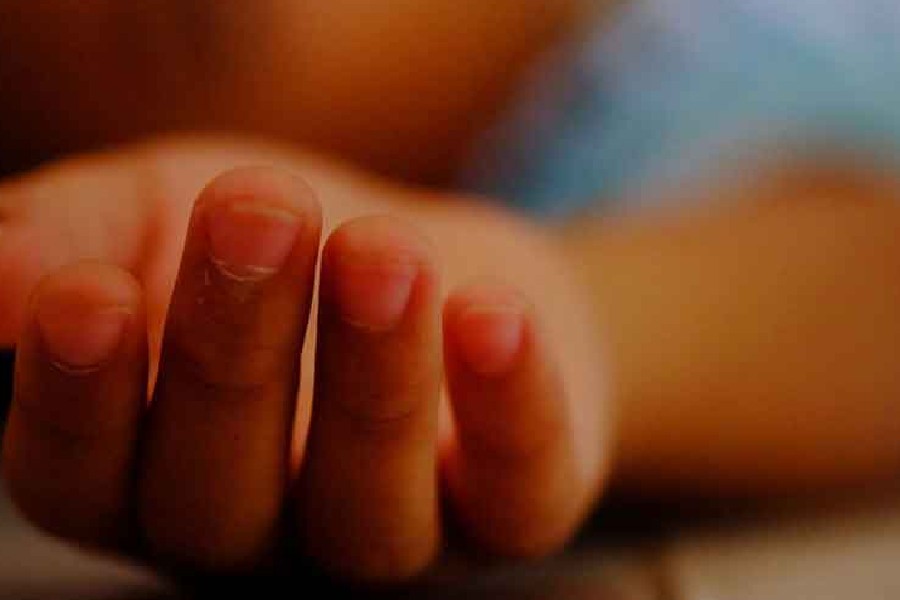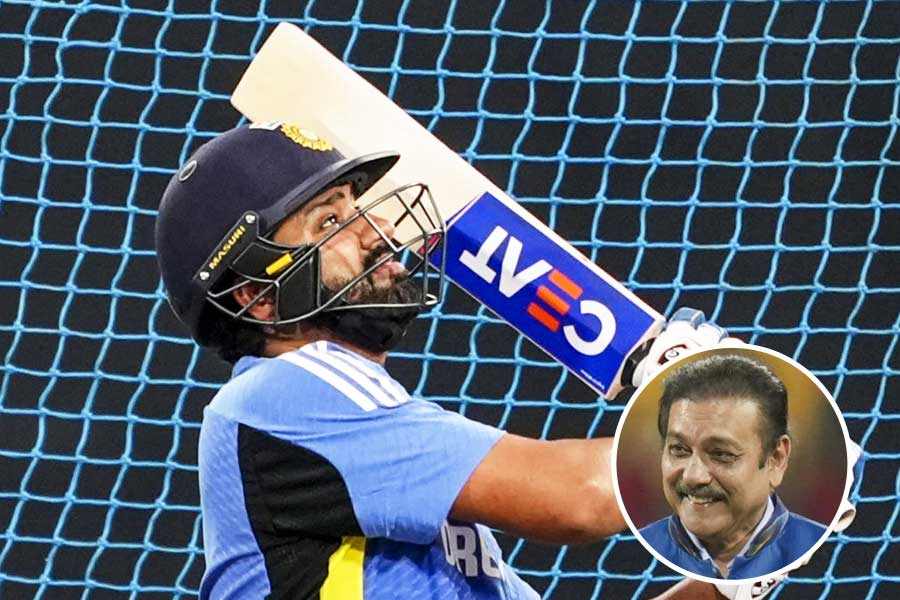THE OTHER OLYMPIANS: FASCISM, QUEERNESS, AND THE MAKING OF MODERN SPORTS
By Michael Waters
Ebury, Rs 899
An unexpected controversy had overshadowed the Paris Olympics for a brief period of time when aspersions were cast at the gender identity of Algeria’s Imane Khelif and Taiwan’s Lin Yu-ting, both participating in the women’s boxing competition. This gave fodder to transphobic individuals like J.K. Rowling and they targeted both of them, especially Khelif. But the support for both the athletes was quite significant as well. In March, a few academics had even questioned the International Olympic Committee’s framework to include trans athletes. Even though the Paris Olympics is now over, the controversy, in all probability, will continue. In this context, it becomes important to locate the roots of the conversation around the policing of gender/queer identity and its politics in the Olympics. Michael Waters attempts to do this very thing in The Other Olympians.
In his debut book, Waters takes us through the history of the Olympics and how women’s sports were originally defamed by physicians by wrongly correlating it to low birth rates, thereby propagating it as a matter of concern for Western societies back in 1888. To overcome such stereotypes, Alice Milliat, the head of Fédération Française Sportive Féminine, made sure that participants in the Women’s World Games were examined after they had finished their competition so as to ensure that there was no damage to their reproductive organs. Taking a stroll through history, we meet people like Zdenek Koubek, Mark Weston, Willy de Bruyn and Witold Smetek, all of whom started their transition to being men in the 1930s while they were already established sports persons but had to participate in the women’s category because of their assigned sex. Simultaneously, the book talks about the layered politics in international sports committees, including the International Olympic Committee, which were exclusively filled with men and their hesitancy towards allowing women’s sports to be given space on an international level. The book also reveals how the Nazis were able to dictate the terms because of several sympathisers present in these groups along with the help of certain others who were happy to look the other way when it came to tackling the fascist ideology.
The first time that I paid attention to the sex tests that prevail in sports was when Dutee Chand was suspended from athletics by the International Amateur Athletic Federation, a ruling that was soon reversed. Such arbitrary tests have been institutionalised to such an extent that they seem like a necessity to the layman. In The Other Olympians, we are able to see through this veil of enforced gender binary and trace the history of how it came into being. Not much has changed even today: the World Athletics president, Sebastian Coe, had gone on to justify the policy limiting transgender players by stating that they need to “protect, defend, preserve the female category”. Decades might have passed but the saviour complex of a few powerful men is clearly here to stay: unfortunately, this also seeps into sport policies. The hate that Imane Khelif and Lin Yu-ting endured during the competition is just one of the many examples for us to contemplate the kind of world we are living in.
This book is truly an immaculate historical analysis of how things transpired around the creation of sex tests. It is equally a document to register the resilience of Koubek along with several other queer individuals who fought and keep on fighting in the face of fascism and hatred.

